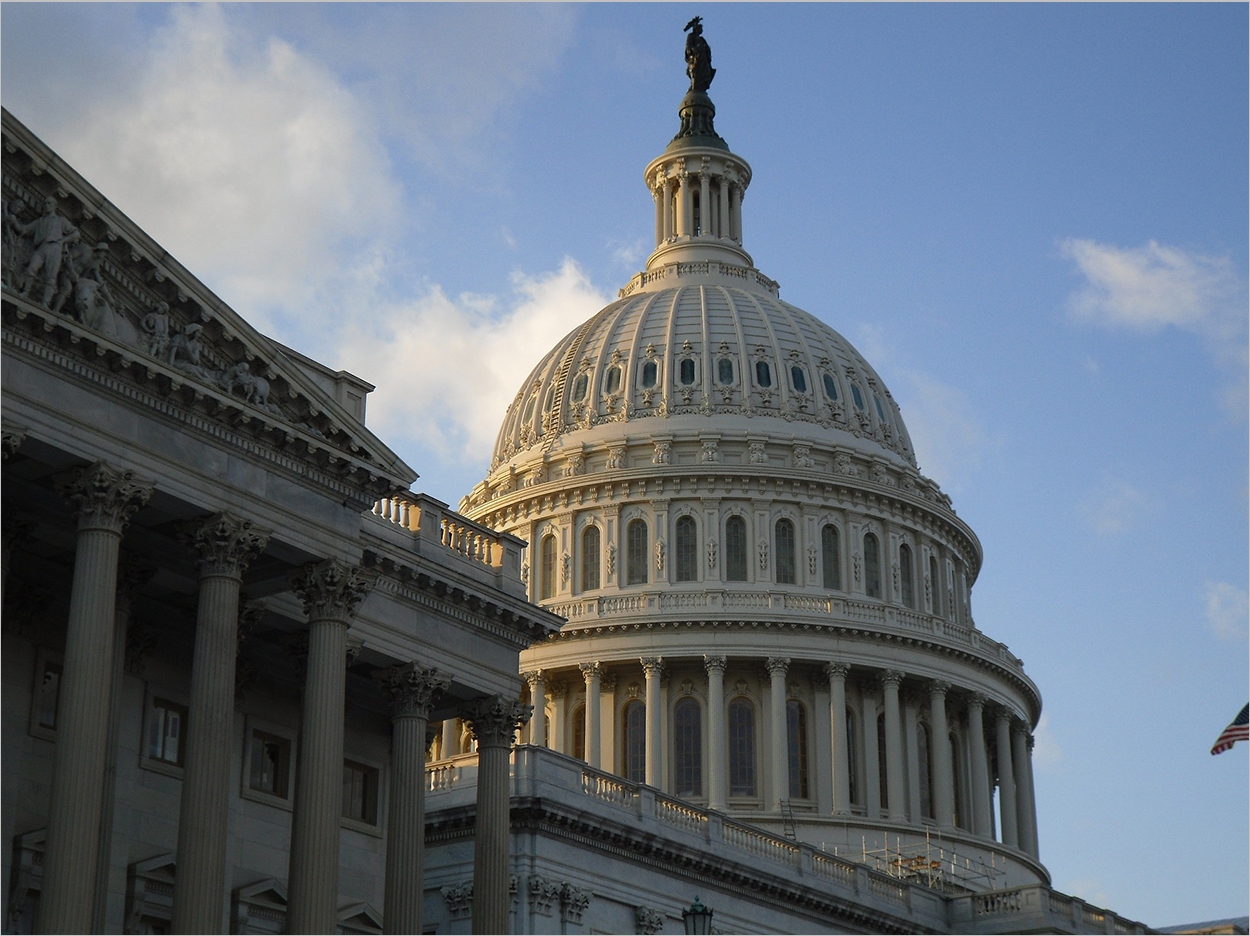
Last Thursday, the House’s Subcommittee on Health passed the Action for Dental Health Act of 2017. Written by Rep. Robin Kelly (D-IL), HR 2422 would reauthorize Centers for Disease Control and Prevention (CDC) oral health promotion and disease prevention programs, along with Health Resources and Services Administration grants to states to support oral health workforce activities. The bill passed the subcommittee as amended by voice vote with bipartisan support. Funding will total $18 million a year for each fiscal year, 2018 through 2022. Next, it will be heard before the full House Committee on Energy and Commerce.
“This bill would take several steps to support and improve dental health for some of our most vulnerable populations, including children and the elderly,” said Chairman Michael C. Burgess, MD (R-TX). “As a provider who spent much of his 3 decades in practice caring for vulnerable populations, I have the utmost respect for other providers who go out of their way to help those who cannot always help themselves.”
According to the bill, more than 181 million Americans don’t see a dentist even though nearly half of those older than the age of 30 years have some form of gum disease and nearly one in 4 children younger than the age of 5 years already have cavities. Also, dentists provide about $2.6 billion in free and discounted care each year to those most in need. Plus, emergency room charges for dental complaints totaled $2.1 billion in 2010, though nearly 80% of them were not urgent and could have been resolved in a dentist’s office. The bill noted the special dental needs of seniors and how dentists and other medical professionals should collaborate for better care as well.
With the bill, the CDC may award grants to or enter into contracts with eligible entities to obtain portable or mobile dental equipment and pay for appropriate operational costs for the provision of free dental services to underserved populations in accordance with state licensing laws. The CDC also may award grants or enter into contracts with eligible entities to improve oral health education and dental disease prevention, improve access to dental services via outreach programs to establish dental homes, reduce barriers to the provision of dental services, reduce the use of emergency departments for dental care, and facilitate the provision of dental care to nursing home residents.
Illinois general practitioner Dr. Cheryl D. Watson-Lowry represented the ADA in testifying before the subcommittee about emergency room referral programs and the ADA’s Community Dental Health Coordinator (CDHC) program in May. According to Watson-Lowry, CDHCs not only help connect patients to care, they also help provide transportation to appointments, which improves care and cuts costs.
“Millions of Americans suffer pain and poor oral health because they cannot afford or cannot get to a dentist. The Action for Dental Health Act is an important first step in bringing this critical healthcare to underserved communities, both in rural and urban America,” said Watson-Lowry.
“As a Chicagoland dentist, Dr. Watson-Lowry has a deep and personal understanding of the unmet need for oral and dental health in communities around our nation,” said Kelly. “I’m so honored to have Dr. Watson-Lowry and the ADA supporting the Action for Dental Health Act. By working together and providing seed funding, we are opening the door to new innovations that will help bring dental and oral healthcare to all American families.”
Related Articles
Congress Delays Medical Device Tax for Two Years
Dental Research Group Opposes White House Budget Proposal
Bill Continues Dental Coverage for Veterans


